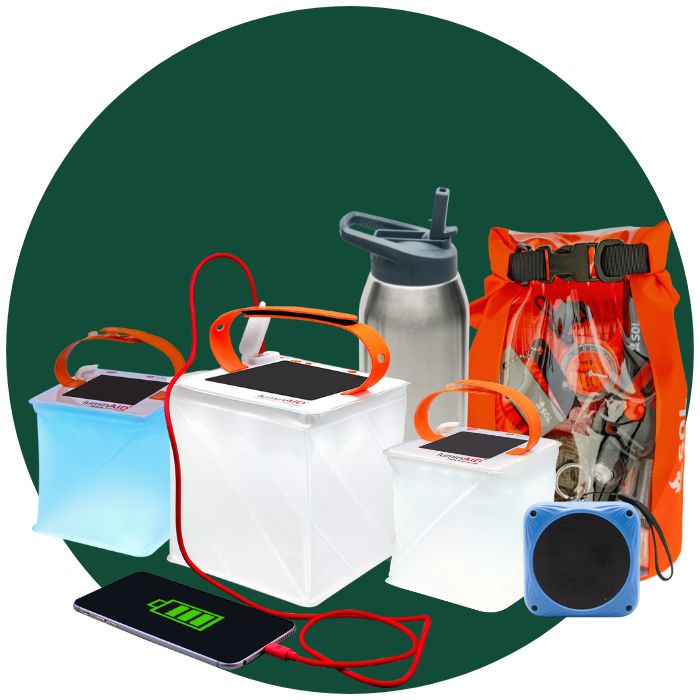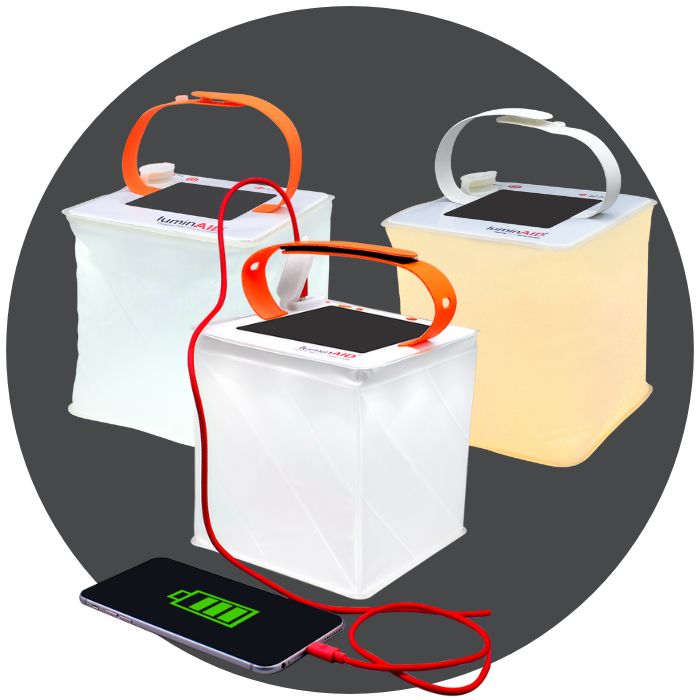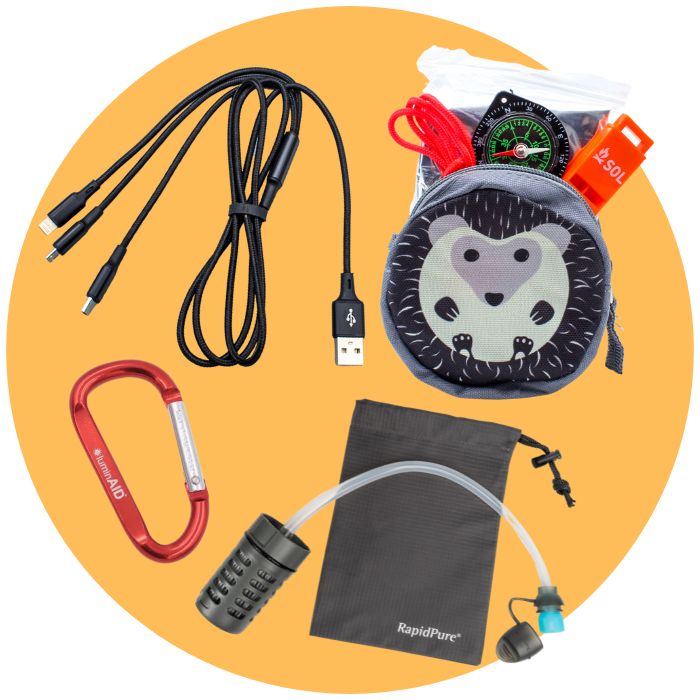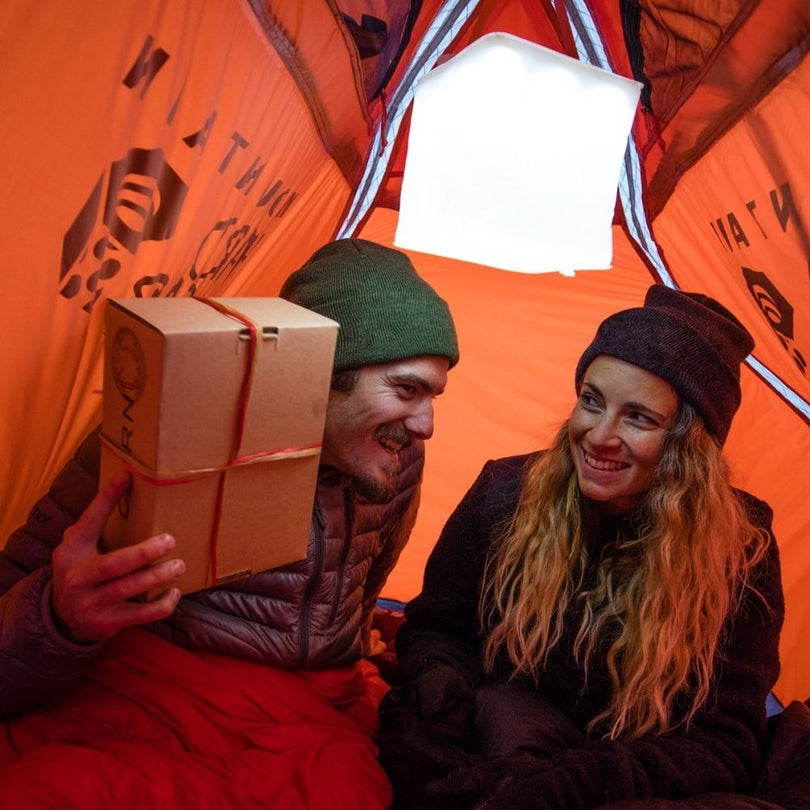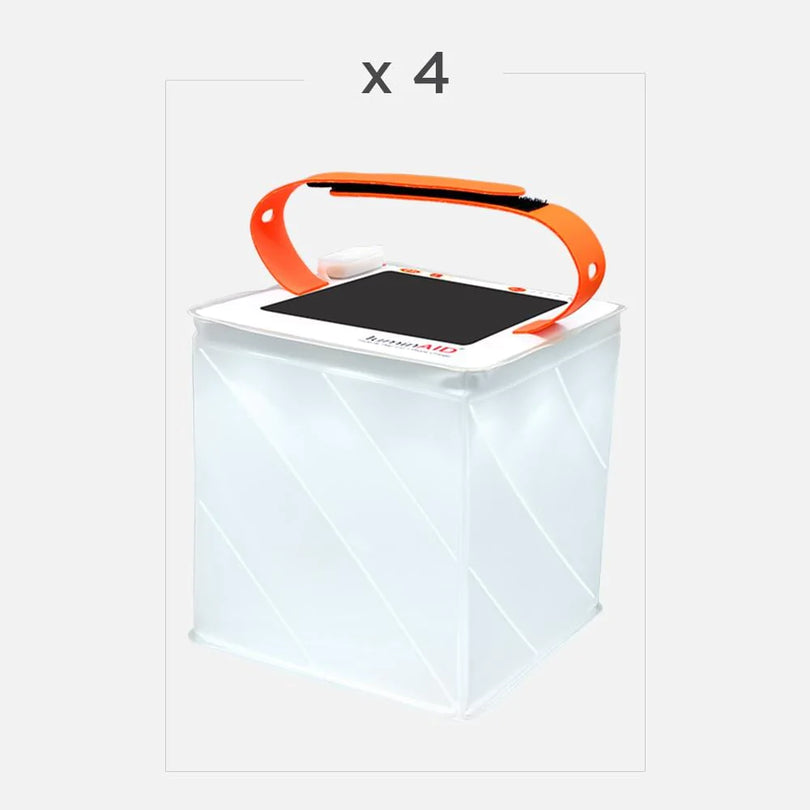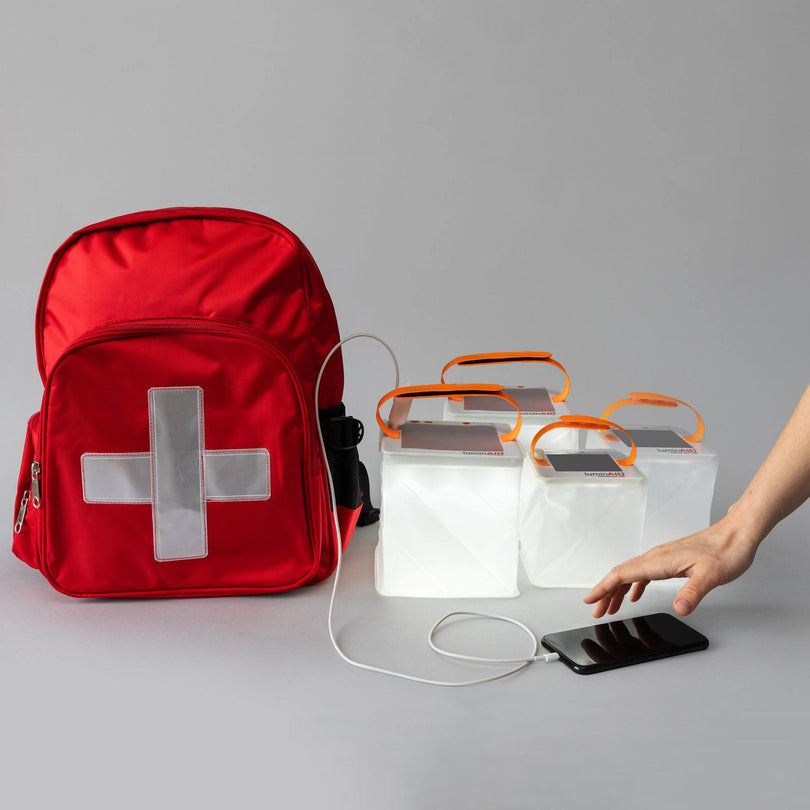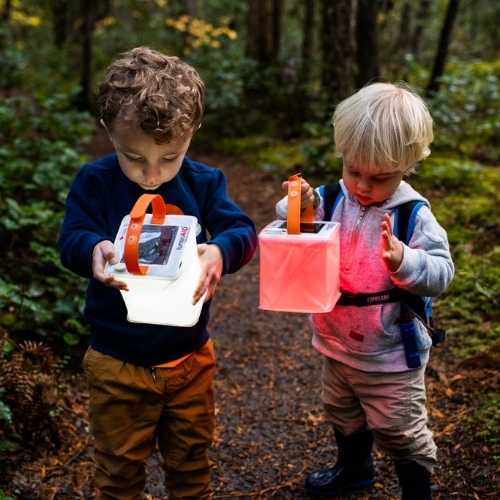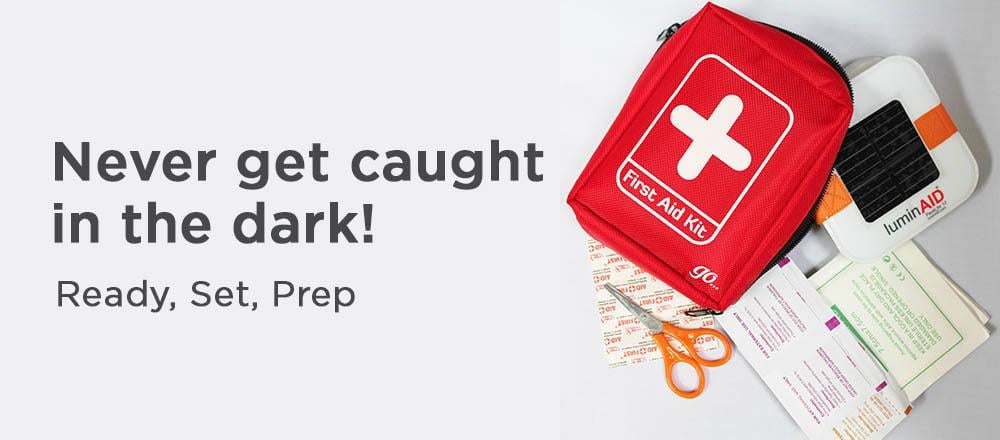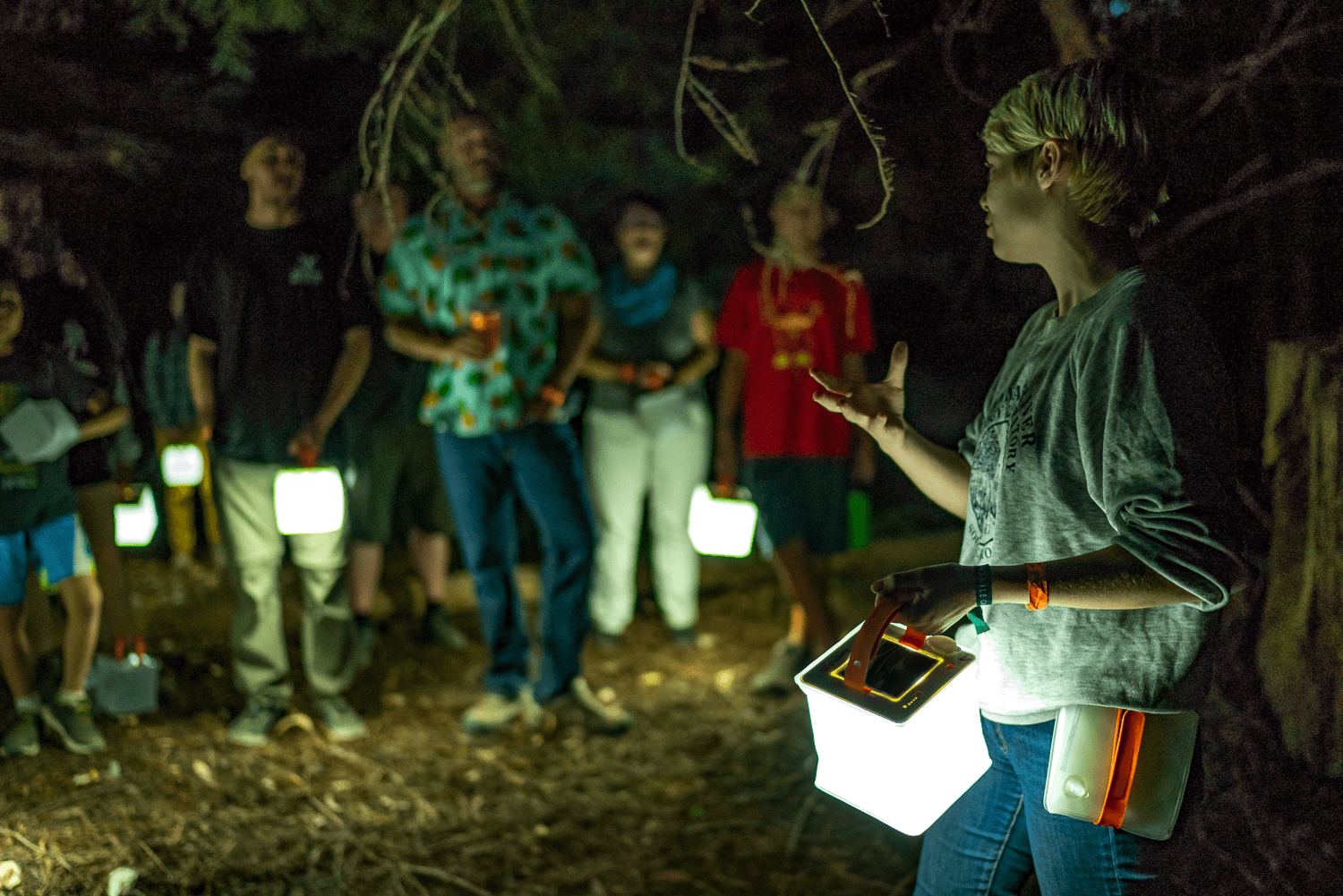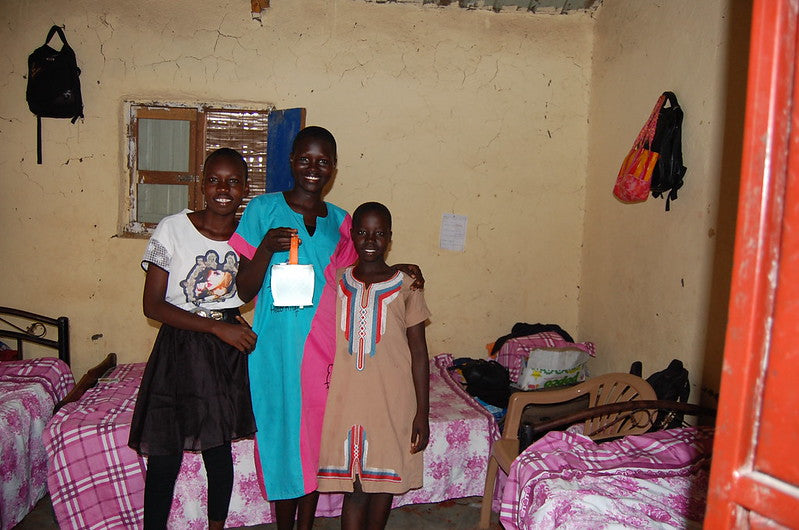Emergency prep is crucial for your home, but that's not the only place you need to have an emergency plan. Make sure your emergency preparation applies to the car and camping as well. Do you have what you need to keep you and your family safe in an emergency?
Short-term Supplies
Whether it's your car, your camping trip, or the possibility of a blackout in your community, make sure these basic supplies are on hand and easily portable. As much as possible, choose tools and gear that are safe and easy to use for all members of your family to use.
Know the needs of your family members and pets. What would you need for 24 hours without power?
The basics:
- First aid kit
- Reliable light source
- Emergency water
- Warm blankets and hand warmers
- Whistle and SOS beacon
- Matches / firestarter
- Full checklist
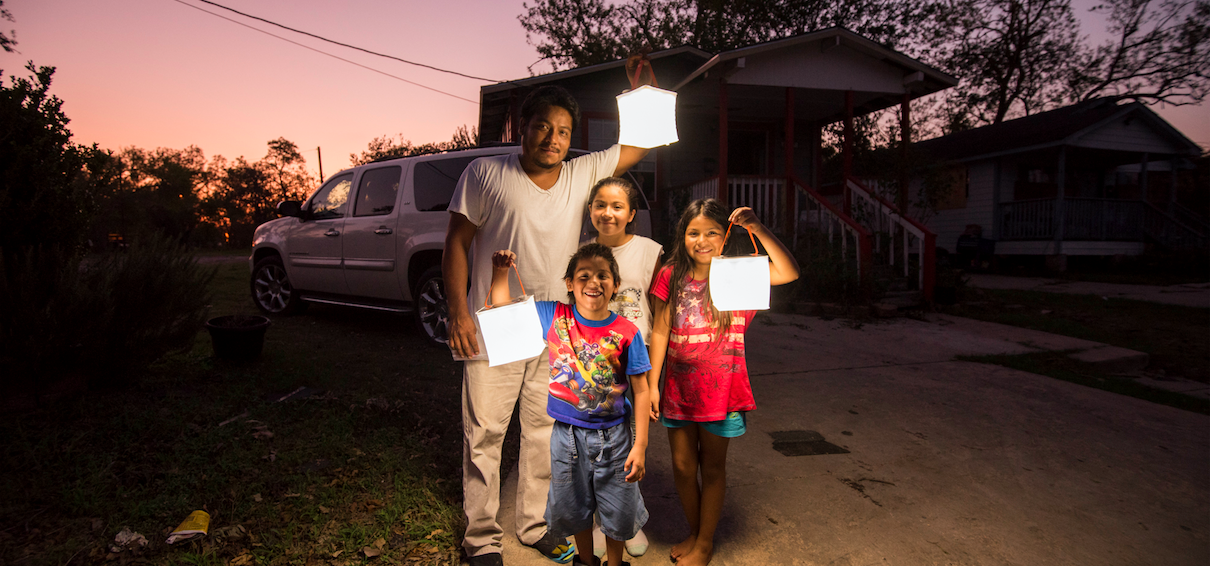
Long-term Supplies
Natural disasters such as winter storms, hurricanes, tornadoes, earthquakes, and wildfires can mean that access to the basic necessities is limited for days, or even longer. Whether you’re without power at home, or need to evacuate, keep these principles in mind:
- Recharge: Any light or power source should be designed to last long term. You must have a way to recharge these items, or gather more fuel. You’ll need a rechargeable light source, and a way to recharge your cell phone.
- Refresh: Staying healthy is crucial. You need to have the tools to keep your hands, clothes, and body clean. This can be both a necessity and a comfort to your family. Some of the basics to start: wet towelettes, bucket, plastic bags, feminine supplies if needed.
- Refuel: A water filter will go further than a bottle of water. Find one that is reliable and can be reused many times. A mixture of ready-to-eat foods and dehydrated meals will go a long way. Dehydrated foods are more packable and easier to carry, but may require access to a simple pot and heat. Make sure all food is non-perishable
- Revisit: Every 6 months, make it a habit to review your emergency plan and your emergency kit. Ensure that your tools are working, recharge devices, and replace food and water if necessary
Build a plan. Build a kit. Communicate.
What are your families needs? Do you have a plan for your pets? What natural disasters are a risk in your community?
Know the facts, and build your kit according to your risks and needs. Make sure you have a kit with the necessities ready to go. Lighter weight supplies are preferable, in case you need to take your kit on the go.
Share your plan with your family, and make sure each member knows the basics. Remember to take solar phone chargers so that your family can stay up to date with emergency information, such as where to find government safe rooms or storm shelters. Supplies should be easy to use, and everything should be clearly labeled.
Keep Everyone Safe
LuminAID offers a Group Buy Program for those who want to score a discount by combining multiple family orders onto one transaction. Group Buy discounts start at orders of 10 units. The Group Buy program is a great way to educate your community, neighbors, and friends on emergency prep to ensure everyone is kept safe.

